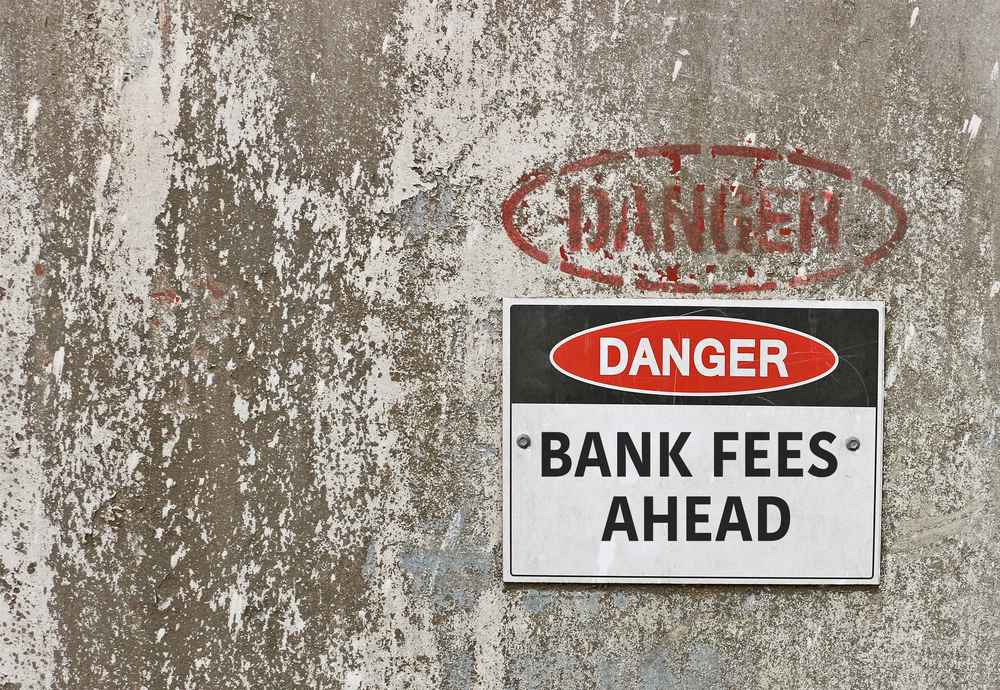Overdraft fees can quickly chip away at your hard-earned money, leaving you scrambling to cover unexpected charges on your bank account. These fees, which banks levy when transactions exceed your account balance, can become a financial burden if not managed properly. With a bit of foresight and planning, it’s possible to avoid overdraft fees entirely, ensuring that more of your money stays where you want it—right in your pocket.
The Mechanics of Overdrafts
A first step in avoiding overdraft fees is understanding how they work. An overdraft occurs when you spend or withdraw more money than you have in your checking account, prompting the bank to cover the difference temporarily—usually up to a certain limit. For this service, banks charge an overdraft fee, which can be hefty and accumulate quickly.
To prevent unintentional overdrafts, it’s crucial to become familiar with your bank’s specific policies. For example, knowing the exact cost of an overdraft fee, the maximum number of overdraft fees that can be charged in a day, and whether there are any alternatives offered by the bank can be beneficial.
Maintain a Real-Time Check on Your Account balance
One of the most straightforward ways to avoid overdrafts is by keeping a close eye on your account balance. Thanks to digital banking, this has never been easier. Regularly monitoring your balance allows you to stay aware of exactly how much money you have available.
- Use banking apps: Most banks offer mobile apps that provide instant access to your account information. Use these apps to frequently check your balance and review recent transactions.
- Set alerts: Enable notifications that alert you when your account balance falls below a certain threshold. This provides an early warning system, enabling you to curb spending before an overdraft occurs.
Keep a Safety Net in Your Account
Consider maintaining a financial cushion in your checking account, which acts as an emergency buffer to prevent overdrafts. This could be a set amount you avoid spending, regarded as an emergency reserve.
- Set a self-imposed minimum balance: Decide upon a minimum balance amount for your checking account. Treat this as the absolute lowest your balance should ever go, akin to a personal credit limit.
- Build small but consistent savings: Regularly transferring small sums from your checking to a linked savings account can help preserve this buffer without significant difficulty.
Opt Out of Overdraft Protection
While opting into overdraft protection might sound beneficial—it allows transactions to go through even with insufficient funds—banks often charge exorbitant fees for this service. Many consumers are surprised to learn they have the choice to opt-out.
- Research and manage your choices: Understand the implications of opting in and out. For instance, if you opt-out, transactions that would overdraw your account might get declined, but you’ll avoid fees. Evaluate whether you prefer a declined transaction or a costly fee.
- Establish alternative plans: Investigate if your bank offers lower-fee or free alternatives, like linking a savings account or a line of credit to your checking account, to cover any potential overdrafts automatically.
Utilize Automatic Payments Wisely
While setting up automatic payments can simplify bill paying, they can also lead to overdrafts if not managed correctly. Ensure that automatic payments align with your paycheck schedule and account balance.
- Synchronize payment dates: Arrange for automatic payments to be scheduled after payday, ensuring the necessary funds are available.
- Track bills diligently: Maintain a calendar or list of scheduled auto-payments and their amounts to make budgeting easier.
- Consider staggering payments: If possible, distribute automatic payments throughout the month rather than having them all at once, reducing the financial burden in any single period.
Create and Stick to a Budget
Crafting a realistic budget is a proactive measure to keep your finances on track and avoid overdrafts. A well-managed budget helps you allocate funds appropriately, ensuring you don’t inadvertently overspend.
- Itemize your expenses: Begin by listing all income streams and monthly expenses, including fixed costs like rent, utilities, and flexible expenses like dining out and entertainment.
- Focus on reducing non-essential expenses: Identify areas where you can cut back without significantly impacting your lifestyle, freeing up more funds to cover essential or unexpected expenses.
- Regularly review and update: Budgets should not remain static. Regularly assess your budget to account for changes in income or living expenses.
Embrace Financial Education
The more informed you are about personal finance, the better equipped you’ll be to avoid overdrafts. Financial literacy empowers you to make wise decisions regarding spending, saving, and managing credit.
- Explore guides and resources: Take advantage of books, online courses, and workshops that cover the essentials of budgeting, saving, and financial management.
- Take advantage of bank resources: Many banks provide complimentary financial education programs or resources for their customers—attending these could provide insightful tips specific to your bank’s offerings.
Choose the Right Account for Your Needs
If overdrafts are a recurring issue, it might be worth considering whether your current checking account is the best fit for your financial habits. Different banks offer various account options with features designed to minimize overdraft occurrences.
- Shop around: Look for banks offering accounts with no overdraft fees. Some institutions provide features specifically geared towards customers seeking to avoid these fees, such as free overdraft transfers from a savings account.
- Inquire about low-balance accounts: Some banks have designed low-fee or “no-frills” accounts that come with restrictions but no or low overdraft fees, targeting consumers who prioritize basic account functions.
Establishing financial stability and avoiding overdrafts is achievable with conscientious effort and thoughtful management of your financial activities. Taking the steps toward actively understanding and controlling your bank accounts will not only help you sidestep unnecessary fees but also keep more of your money secured within your financial realm, empowering you to allocate funds towards beneficial avenues and long-term financial goals.



